Most of us want to have lighter, brighter smiles, so it can be discouraging and unsettling to notice your pearly whites taking on a darker hue. In addition to their aesthetic disadvantages, black teeth can indicate oral health problems that need to be addressed. Noticing a black tooth can be unnerving and uncomfortable, but never fear: Dr. Craig Armstrong and our Houston dental team are here to help. We can assist you with the medical and cosmetic aspects of your discolored teeth in Houston TX. All treatment begins with understanding what is behind this blackening. To that end, in the following blog, we answer the question: “why are my teeth black?”
Blackening Basics
Blackening comes in many forms. Most likely, you won’t wake up one day with a suddenly pitch black tooth. Other symptoms include graying, dark spots, changes in tooth texture, and sensitivity. If you experience any of these, they could lead to blackening, and we recommend you come in for a consultation with Dr. Armstrong.
What is blackening? There are two forms of dark discoloration:
1. Extrinsic, when the teeth accumulate black particular matter, tartar, stains, and various types of degradation that come from the outside and affect the enamel.
2. Intrinsic, when a condition within the tooth causes it to turn black.
If you’re experiencing blackening, it ultimately comes from one of these two processes.
Why Does It Occur?
So, blackening is either extrinsic or intrinsic, but what are its root causes? Common reasons for this type of discoloration include:
- Staining from dark foods and beverages. Particles from these can get lodged in the surface of the tooth, especially without proper oral hygiene.
- Special types of tartar. Colgate Oral Care Center explains: “black tartar is made of the same substances as lighter-colored variants, but it includes other materials from surrounding fluids.” This type of calculus more likely to occur when patients fail to properly clean their gums by brushing and flossing regularly.
- Certain types of dental restorations. Medicine Net notes: “some of the materials used in dentistry, such as amalgam restorations, especially silver sulfide-containing materials, can cast a gray-black color to your teeth.”
- Tobacco use. As if you needed another reason to quit smoking or chewing tobacco, these harmful habits can also stain your teeth, causing them to turn black.
- Cavities. Decay occurs when bacteria eat at your enamel, leaving small holes in it. These often have a dark appearance.
- Certain medications. For example, NPS MedicineWise explains that liquid iron supplements (often prescribed to children) “can discolour teeth.”
These are some of the most widespread causes of blackening, but they aren’t the only possibilities. When you come in for a consultation, Dr. Armstrong will examine your smile and determine what is causing your discoloration.
Treatment Options
Dr. Armstrong and our team would be delighted to help you remedy your black teeth. Of course, the treatment for your condition will depend on your particular circumstances. For example, if staining is the issue, we may suggest teeth whitening procedures, while a cavity would require a filling. No matter the source of your blackened teeth, Dr. Armstrong will work closely with you to treat them. With our wide range of general and cosmetic treatment options, we will help you restore the appearance and health of your smile.
Are Your Teeth Black?
Don’t hesitate to call our Houston dental practice! Contact Dr. Armstrong and our team today to learn more and schedule an appointment!
